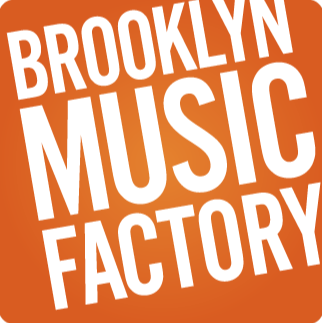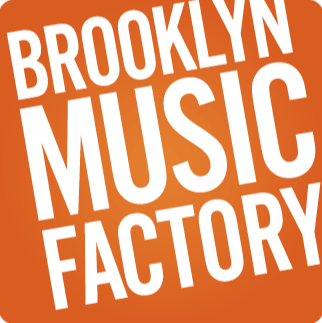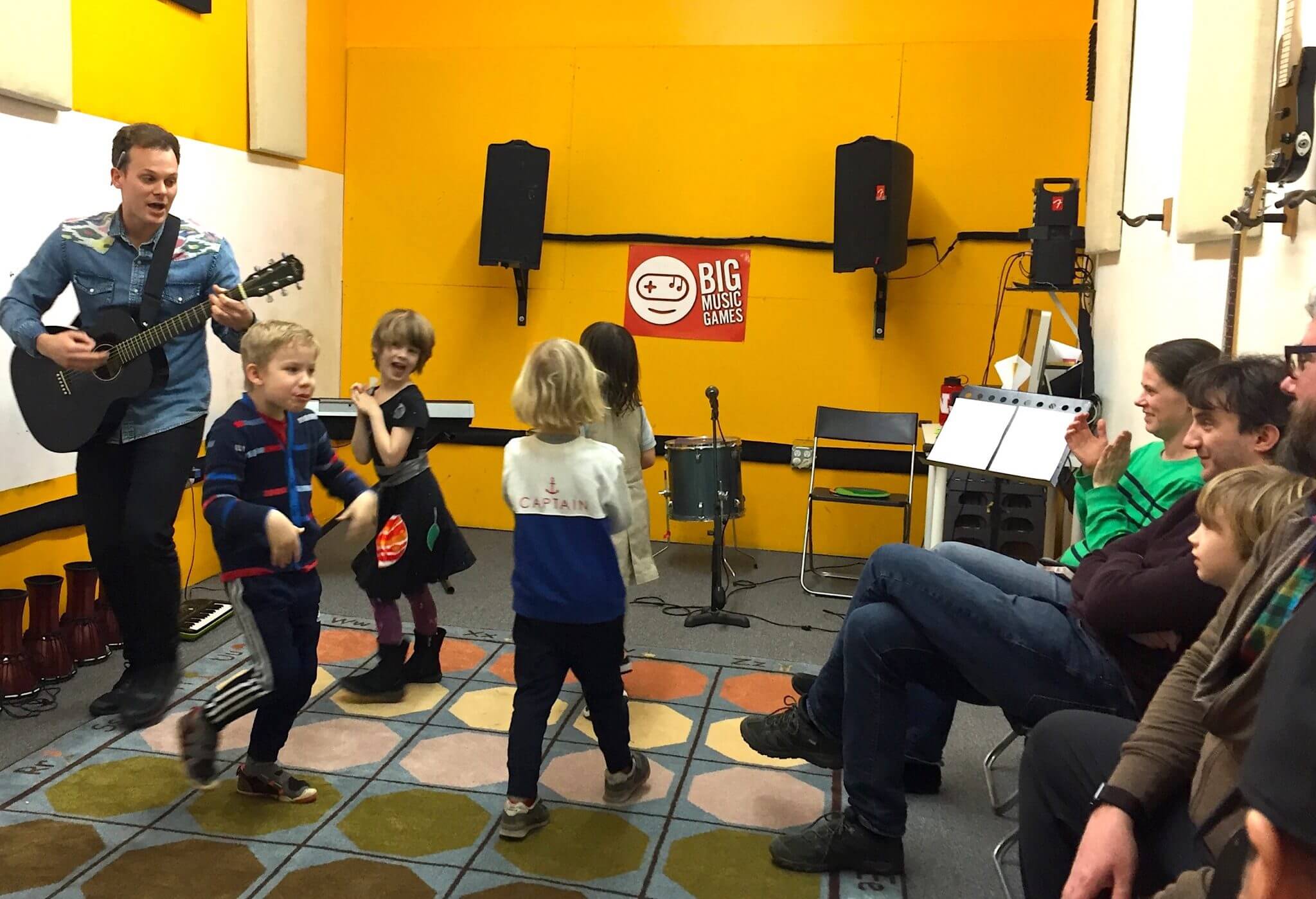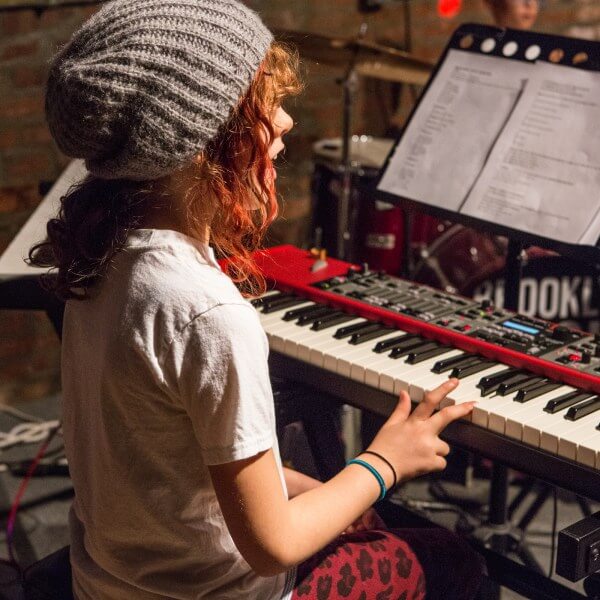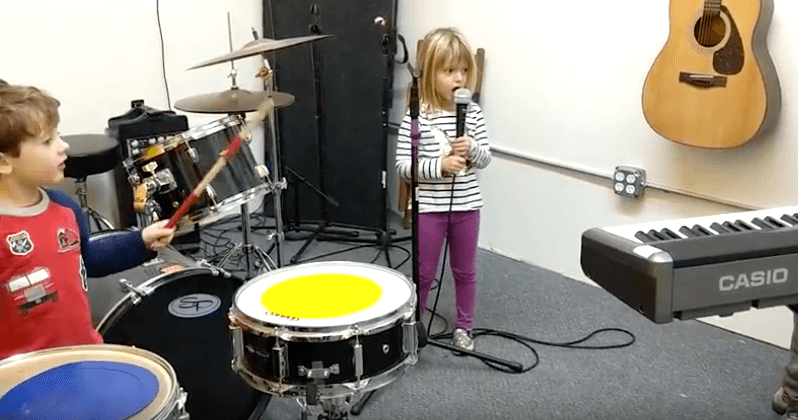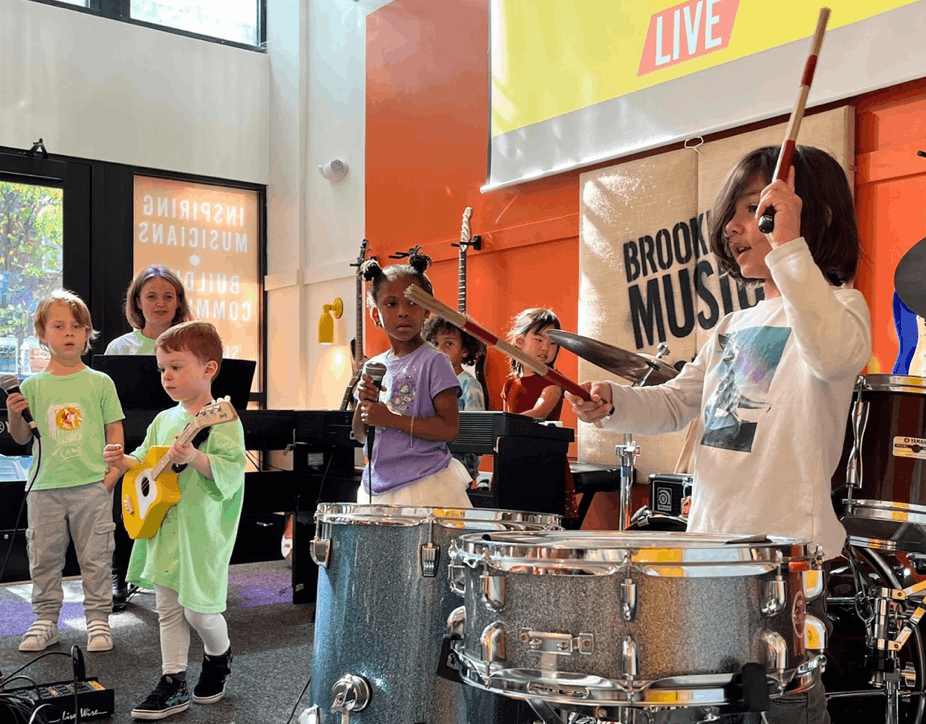Looking for BMFConnect?
Log in to our online portal to access all things Brooklyn Music Factory, including lesson and class notes, recordings, games, and more. Don’t have an account yet?
Email jessica@brooklynmusicfactory.com.
Copyright @2025 by Brooklyn Music Factory
Contact us
495 Carroll Street
Gowanus, Brooklyn 11215
(877) 767-3560
Hours
September-June
Mon-Thu, 12:00pm-8:00pm
Fri, 12:00pm-7:00pm
Sat, 10:00am-3:30pm
July-August
Mon-Fri, 8:00am-6:00pm
